Pubblichiamo l’intervento di Stefano Vernole alla 34th International Islamic Unity Conference di Teheran
Worse than in 2008 … More devastating than 1929 … Not even during the Great Depression of the 19th century.” In recent weeks, wasted efforts in the definitions on the economic catastrophe that is about to hit the planet after the forced closure of production activities due to the epidemiological emergency Covid-19.
The European Union immediately spoke of the need for a new “Marshall Plan” similar to after 1945; this time no longer financed by the United States of America.
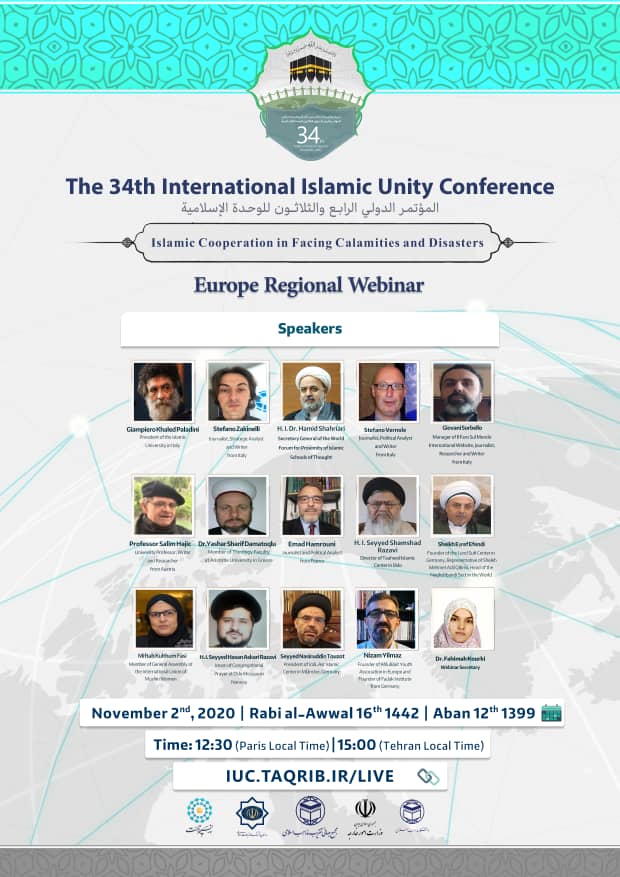
But what is hidden behind this password, if not the evident unwillingness of the Old Continent to assume its responsibilities and the clear intention to keep the transatlantic ties intact?
In the history, the “Marshall Plan” served to integrate the European economy into the United States, allowing a revival of German industry and giving shape to a continental block firmly controlled by North Americans.
Aid was neither free nor disinterested, nor were the subsequent instruments of European integration: all the documents declassified in recent years show how both the birth of the European Economic Community and that of the European Union were favored by the CIA, an operation in anti-Russian function.
One cannot help but notice how after the fall of the Berlin Wall in 1989, contradicting all George Bush’s promises to Mikhail Gorbachev, the enlargement of the European Union to the east was preceded by the accession to NATO of the countries of the former Warsaw Pact.
American Aid served both to revive the US economy and soft power around the world, and to Washington’s need to keep the European unification process under control.
The Marshall Plan guaranteed the domination of the dollar as an indispensable reference currency for international trade and for the purchase of raw materials such as oil on the market.
Yet the greatest damage inflicted on Europe concerned the Americanization of customs: the end of the mainstay represented by the traditional family, the myth of individual success at all costs, the gradual transition from productive and protected capitalism of the post-war period to a globalized financial economy that unties profit from the ethics of hard work (and therefore from the empowerment of social behaviour).
A sad reality that is reflected in the current crisis following the outbreak of the Coronavirus; it is so severe that it can be overcome only through a gigantic issue and transfer of non-repayable resources from the European Central Bank to the States and therefore to companies that risk default. However, despite the unanimity of judgment on the gravity of the situation, the recent European summits have totally excluded this possibility, preferring to leave the structural conditionality mechanisms represented by instruments such as the MES (European Stability Mechanism) are intact and allowing the possibility of future Recovery Funds to be ventilated, i.e. loans at market rates that would probably only start on January 1, 2021.
The first objective of Anglo-American finance following the epidemiological emergency will be to unload its speculative bubble on the real economy, with drastic consequences posing threat to the people. In January 2020, Europe became the largest lender of the US debt and the Eurozone alone overtook the whole of China as a holder of US government bonds.
The estimation prepared by the International Monetary Fund on April 14 indicates that in 2020 world GDP will mark a – 3%, while in Europe only Greece (- 10.1%) will do worse than Italy (-9.4%). Globally, while China (+ 1.2%) and India will continue to grow, the United States will experience a 5.9% drop in GDP, even though several American billionaires have increased their wealth thanks to the pandemic.
The figures provided by the IMF are probably optimistic, if we consider that a few days after its forecasts the Rating Agency “Standard & Poor’s” estimated a contraction of the GDP of the United States of 34% in the second quarter of 2020, due to the collapse of entire sectors such as energy, transport and aeronautics manufacturing.
The birth of a new enormous speculative bubble is already outlined in the tacit understanding between “Blackrock” and the Commissioner to the European Union, Ursula Von der Leyen, on the implementation of the Green New Deal (nicknamed the new “Bubble of Tulips”). With singular coincidence, Larry Fink announced at the beginning of 2020 “a significant capital reassignment” to exit the carbon economy and enter the “green” one; stressing that capital markets are faster than climate change, the CEO of the US Fund launched new financial products.
The ground was prepared at the Davos Economic Forum held in January 2020 and entirely dedicated to environmentalism, where the idea of the Green New Deal was accepted not only by “Blackrock” but also by Mark Calney, chief of the “Bank of England”. The Basel-based Bank for International Settlements (EIB) published a report last February called The Green Swan, which states that the consequences of climate change could pose a form of risk, systemic financial.
Given the current inequality among the members of the European Union, it is possible that the Old Continent may end up being divided between Northern Europe, under German leadership but under North American blackmail, and a Southern Europe with a strategic position on the functional Mediterranean to the Belt and Road Initiative. This also explains Chinese prodigality in aid to nations such as Italy and Spain, where public opinion has welcomed the Dragon’s humanitarian activism, especially when compared to the inconsistent one of NATO countries.
In the “worst” situation, the fear of Beijing’s competition could force the Atlanticist establishment to allow the various States that make up the Alliance to activate strong social protection measures to avoid losing control of its southern flank, replicating what happened with the Soviet rivalry.This suggesting that the Old Continent is likely to be the designated victim in the geopolitical competition between the USA and the China.
The conditions for participating in the new Washington “crusade” were briefly set out by the German Defence Minister, Annegret Kramp-Karrenbauer, in a letter published on 10 May 2020 by “Financial Times”: “NATO does not need to be reinvented, NATO must enhance its military capability and readiness, NATO needs to improve itself in fighting less traditional security challenges … Large-scale crises, such as this pandemic, are dangerous for their immediate effects . Opponents may benefit because of the distraction or weakness of some companies. NATO is indispensable in these moments. We need to make sure that a health crisis does not become a security crisis … The Alliance has just formed a think tank, chaired by American and German leaders. I am very confident that this group will aid NATO’s strategic development by devising new ideas on how to achieve better security for the transatlantic allies.” The views of the Berlin government therefore remain perfectly in line with what emerged from the London Summit of the Atlantic Alliance (3-4 December 2019), where the strategic security implications of NATO arising from the economic growth of China.
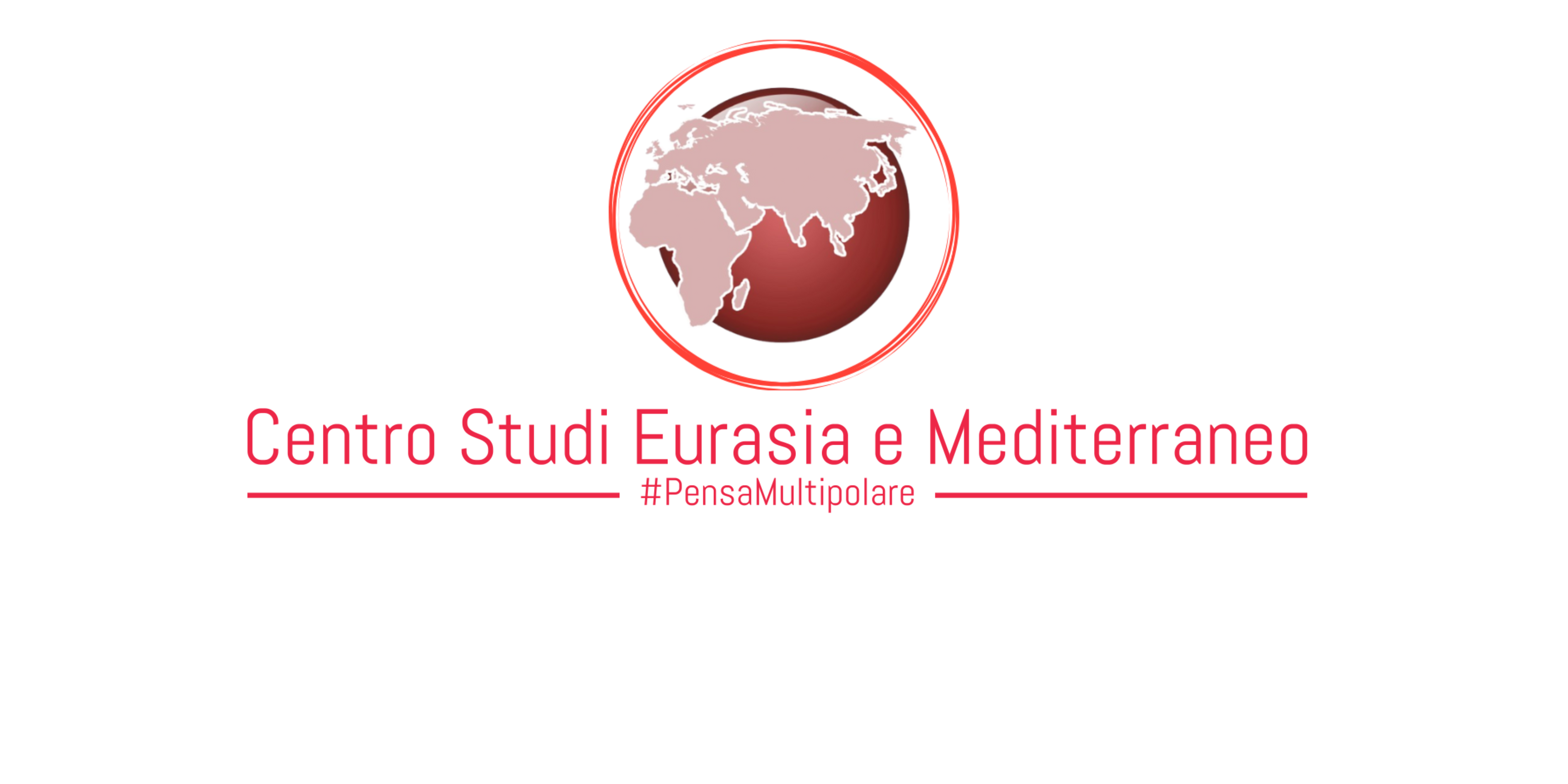


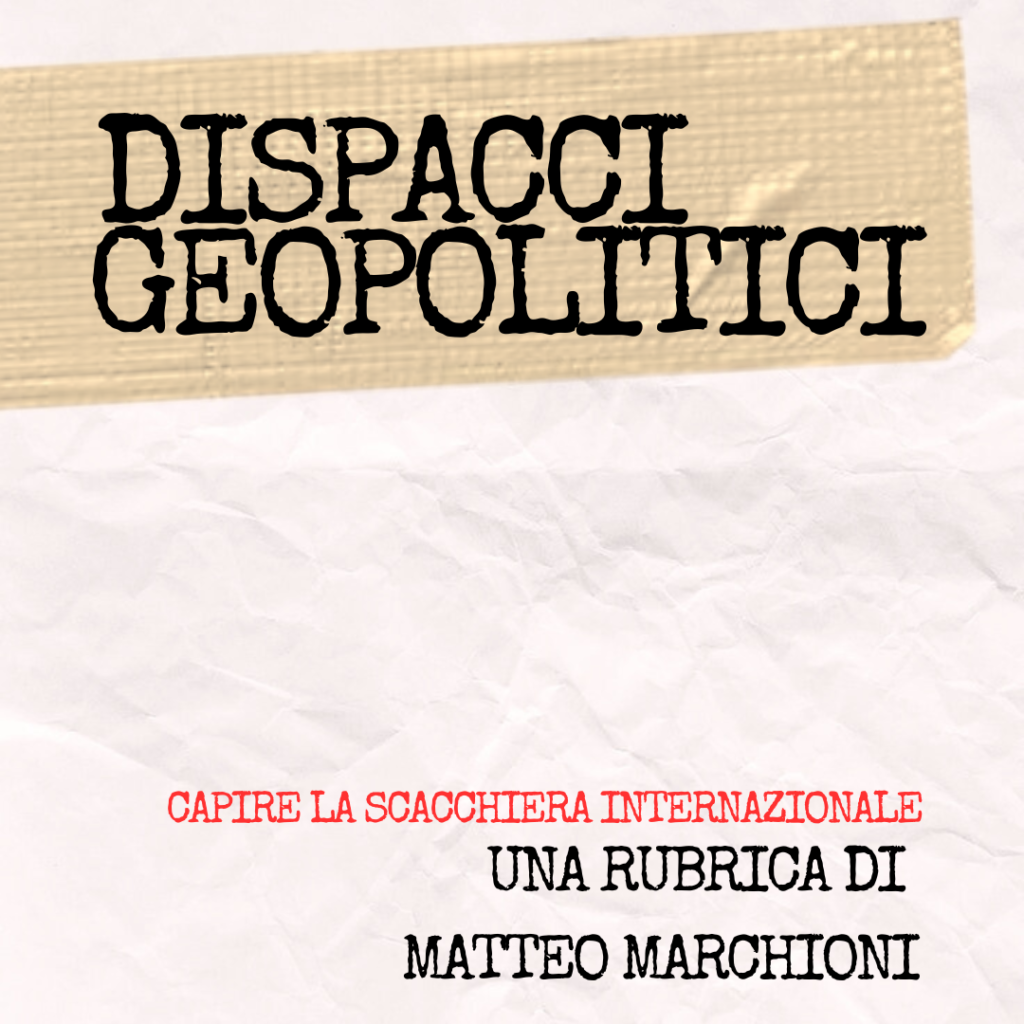
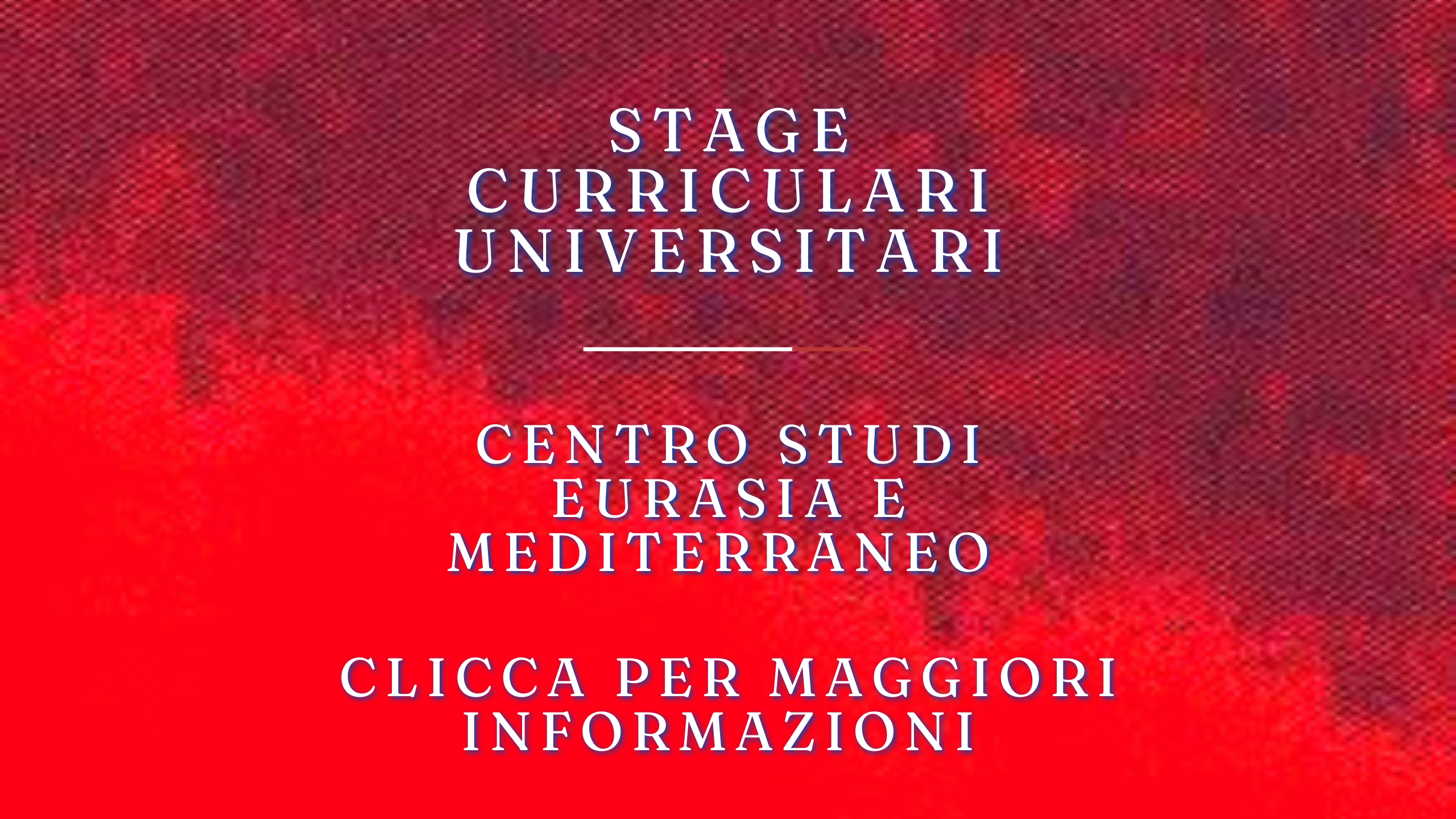
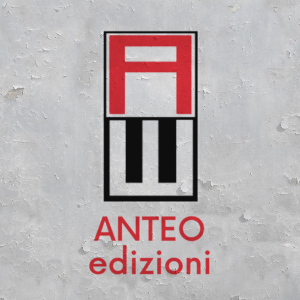
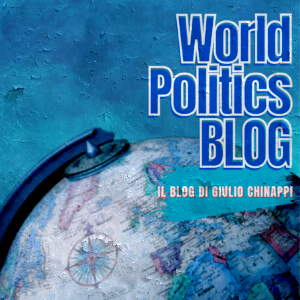



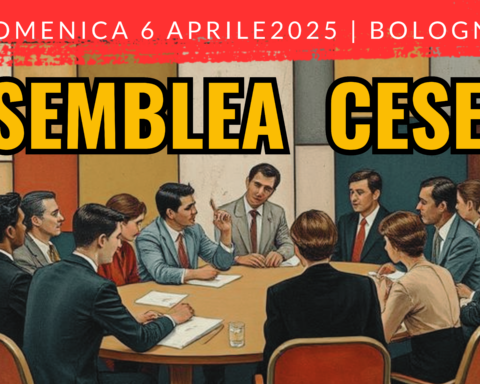


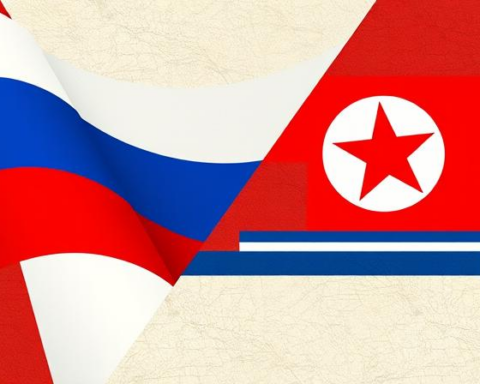



Il CeSE-M sui social